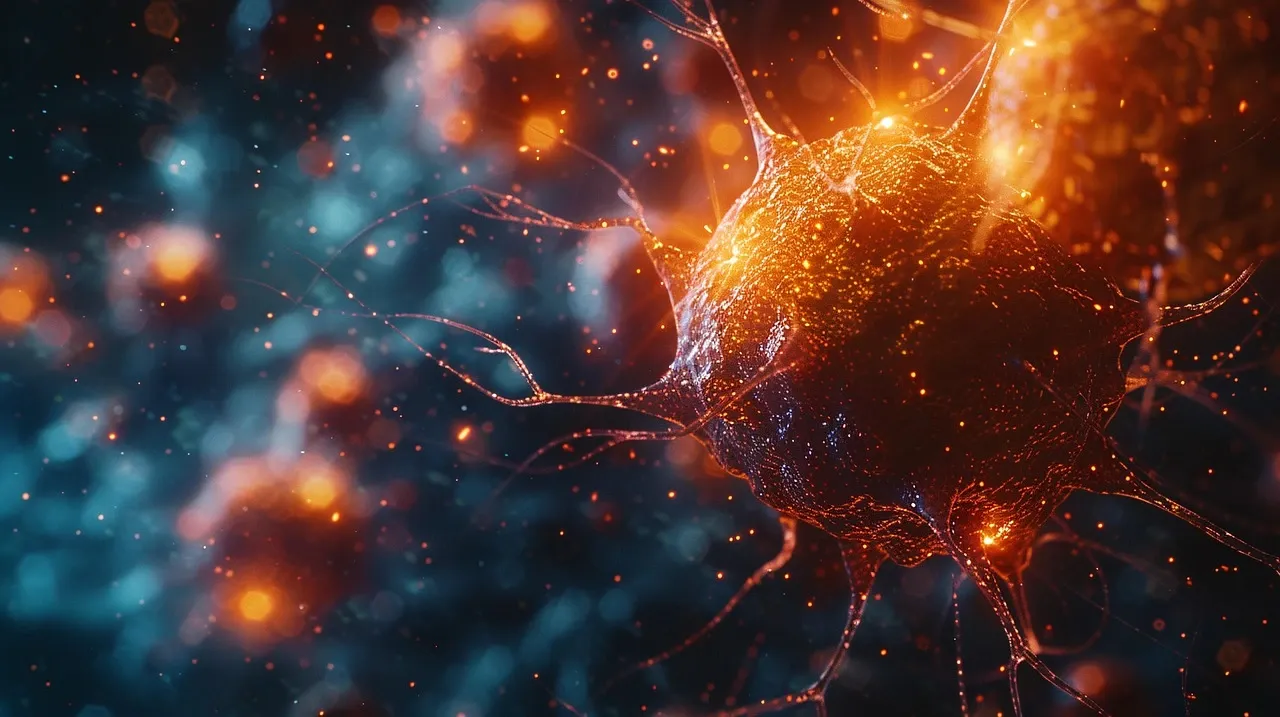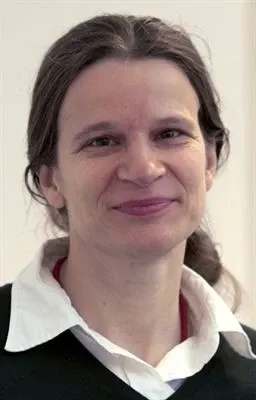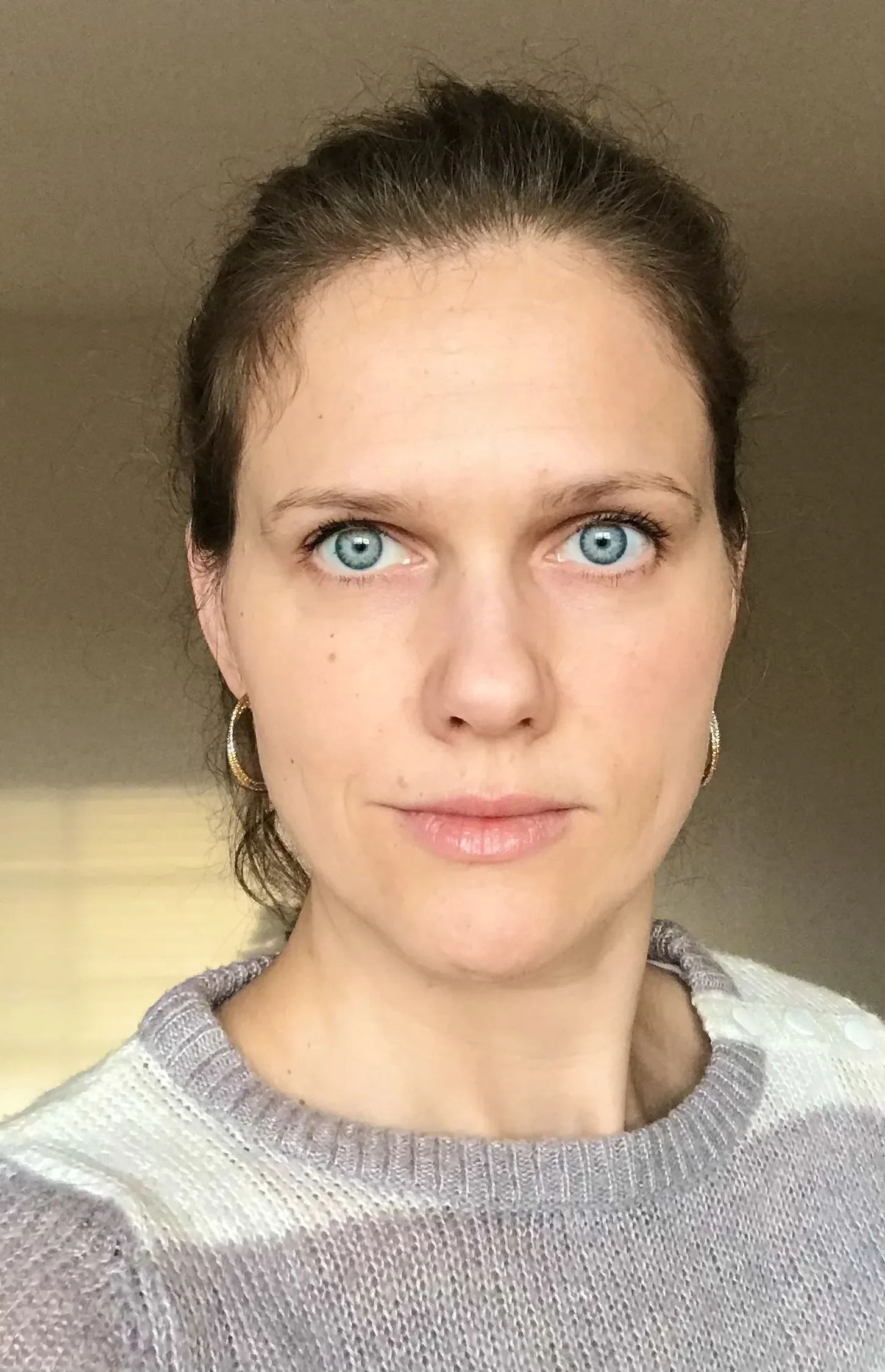When healing turns harmful: adrenal support cells tied to cancer origin

A new study from Karolinska Institutet, published in npj Precision Oncology, shows that support cells in the adrenal gland can regenerate hormone-producing tissue after birth. The same cells may also act as a starting point for adrenal tumors, offering new insights into cancer development and potential treatment strategies.
The researchers discovered that a type of support cell in the adrenal gland, known as sustentacular cells, can act like stem cells. These cells help regenerate chromaffin cells, which produce stress hormones like adrenaline and noradrenaline. But in some patients with adrenal tumors called paragangliomas, the same support cells may be the actual starting point of cancer.

“We found that these glial-like cells not only help maintain healthy tissue but, in some paragangliomas, also carry the same tumor-initiating genetic event,” explains Susanne Schlisio, group leader at the Department of Oncology-Pathology and last author of the study.

“In tumors with germline VHL mutations, subsets of these support cells showed loss of chromosome 3p, the ‘second hit’ leading to VHL inactivation. This suggests they may be the origin of certain tumors,” says Dr. Michael Mints, docent at the same department and co-corresponding author of the study.
Cellular switch may guide regeneration or cancer
Using advanced genetic tracing in mice and single-cell sequencing of human healthy and cancer tissue, the team showed that these support cells continue to generate chromaffin cells after birth, a role previously thought to be limited to embryonic development. They also identified a key interaction between the proteins DLK1 and NOTCH, that acts like a switch: guiding the cells to either build healthy tissue or contribute to cancer.
“This switch could be a new target for precision medicine,” says Susanne Schlisio. “If we can control it, we might be able to promote regeneration or block tumor formation.”

“The identification of DLK1 expression in both healthy chromaffin cells and paraganglioma is particularly intriguing,” says Dr. Petra Bullová, research specialist at the Department of Oncology-Pathology and first author of the study. “DLK1 was recently described as an immunotherapeutic target in neuroblastoma, where DLK1 silencing promotes differentiation.”
The study also highlights the importance of developmental timing. The adrenal gland’s ability to regenerate may create a window of vulnerability where genetic mutations can lead to cancer.
This research changes how scientists view support cells, not just as passive helpers, but as active players in both healing and disease.
The study was financed by European Research Council, Paradifference foundation, Swedish Research Council and Swedish Cancer Society.
Publication
“Postnatal sustentacular cells as chromaffin progenitors and tumor cells of origin in VHL-related paragangliomas” Petra Bullova, Peng Cui, Maria Arceo, Jiacheng Zhu, Wenyu Li, Monika Plescher, Valentin Poltorachenko, Katerina Stripling, Christian Santangeli, Lidiya Mykhaylechko, Maria Eleni Kastriti, Catharina Larsson, C.Christofer Juhlin, Michael Mints, Susanne Schlisio, npj Precision Oncology, online 15 oktober 2025, doi: 10.1038/s41698-025-01145-8.
